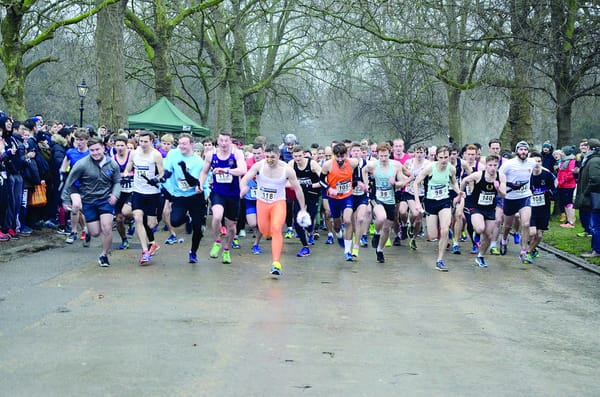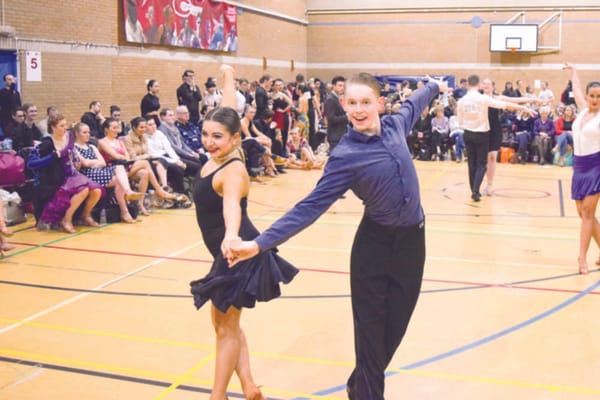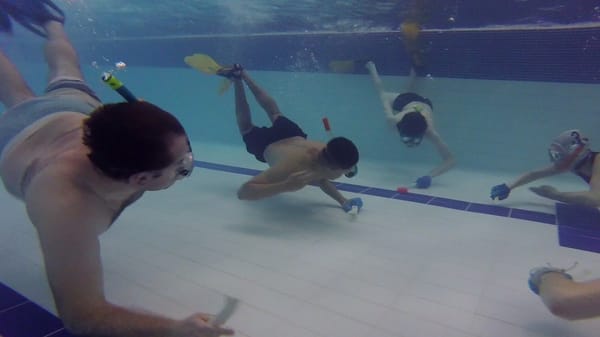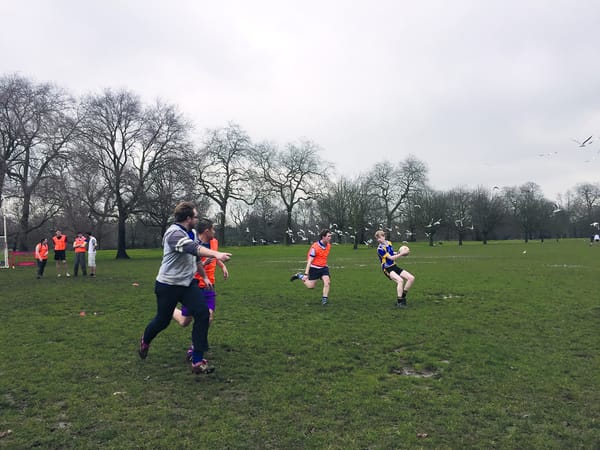Randori nationals success for Jiu Jitsu
IC jiu Jitsu brings home seven medals
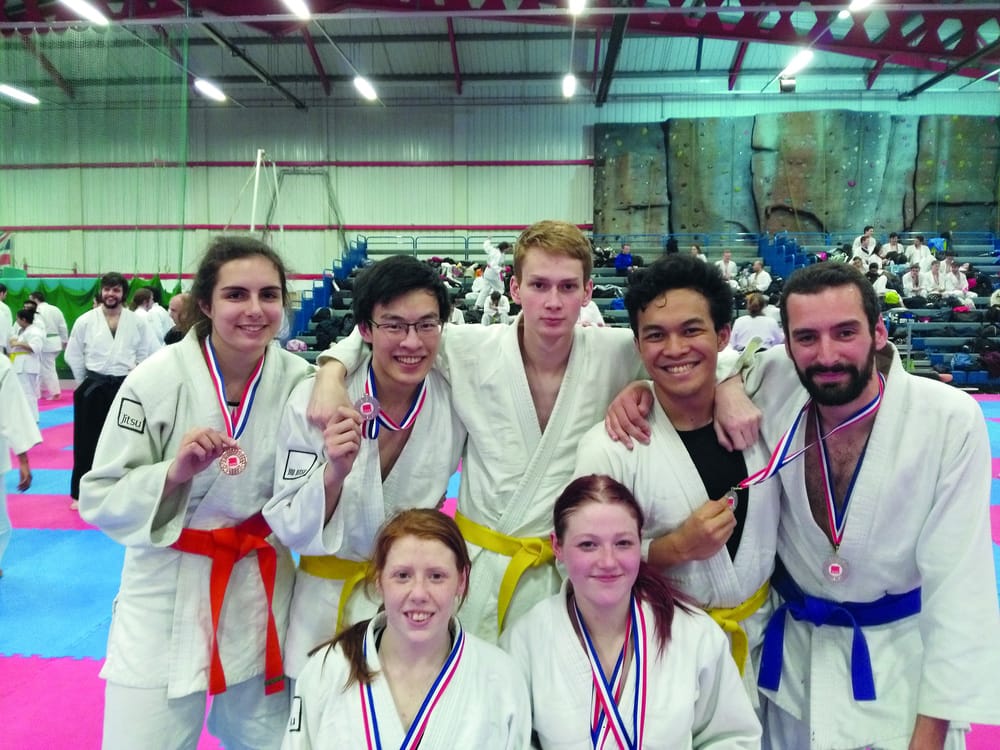
Last weekend, from Friday to Sunday evening, IC Jiu Jitsu took part in a national competition in Northampton, and brought back SEVEN MEDALS. This competition, contrary to the competition happening in November, is not called “atemis” but “randoris”. Randori is a type of practice that you can also encounter in judo, it is a way of applying and practicing your knowledge freely, playing around with the techniques you’ve gathered so far.
The weekend was divided as follows: training Saturday morning and, for those who can practice with a hangover, Sunday morning; qualification fights on Saturday afternoon and finals Sunday afternoon. And it wouldn’t be a proper competition weekend without a party on Saturday!!! The dress code of the party was smart casual, meaning you would see all participants you had just fought out of their sweaty “gi” (the traditional outfit that looks like white pyjamas) and all groomed up, but with still a few leftover bruises and scratches…
The morning training starts with a warm up, and participants are then divided by grade. Each grade will get to train with up to three instructors, practicing techniques needed for their next grade or perfecting one they already knew. After this all grades are mixed and train together, also with different instructors who can pick out a particular technique they would like to teach. After a small lunch break the competition starts.
In this type of competition, participants are divided between male and female, by grade, and by weight class. The higher your grade, the more techniques (locks, chokes, strangles…fun times) you are allowed to use. For the referees to not get confused between participants in a fight, opponents have to wear belts of different colours, for us it was red and white. Penalties can be attributed if a participant does not respect the rules of the competition, or if they try to apply a technique that is not allowed for their grade. A participant can be declared forfeit if they pass out on the mat (meaning that they usually did not tap out from a hold when they should have), or cannot stop a bleeding (doesn’t matter how small) in a reasonable time.
All grades have to go through a “ne waza” competition, which is all groundwork: competitors start sitting down, back to back, and after the start is given they can win the round by pinning their opponent to the ground for 20 seconds, put them in a lock and make them tap out, or if they don’t manage to get a clear win the referees will decide who won the fight depending on technique and initiative demonstrated.
Grades green and above also have to go through a standing, or “tachi waza”, competition consisting of trying to throw your opponent as they are resisting you. Competitors start standing, face to face, and try to throw each other to the ground. Points are given for each throw relative to the control demonstrated while executing the technique. There is a point limit as well as a time limit for those fights.
Even though we are all trying to beat the lights out of each other, respect between competitors is omnipresent, and opponents usually become really good friends. You can see most fights ending up with a smile and an exhausted hug or a respectful handshake. Respect is a big part of Jiu Jitsu: competitors bow (“rei”) before getting on the mat to fight and when getting off of it after the fight, bow to the referee and then to each other. This essentially mean that the competitors respect and entrust themselves to each other, and if anybody gets hurt there will be no bad feelings about it.
During the fights the edges of the mat area are crowded with people cheering for the competitors, and trying to shout out relevant advice. Even though it can put some pressure on you, having your club and other jitsu friends cheering for you does give you more confidence and pushes you to go all out even more to win the fight. The fights do not last more than a few minutes, but they are extremely tiring. Being against somebody of the same build as you usually means that they will have the same type of fighting preferences, making it really tough to do anything as you are both trying to do the same thing.
RESULTS
- Yellows men: silver and 4th in ground
- Orange women: bronze in ground
- Green women: gold in ground and standing
- Purple Women: 4th in ground, silver in standing
- Purple men: silver in ground and standing


